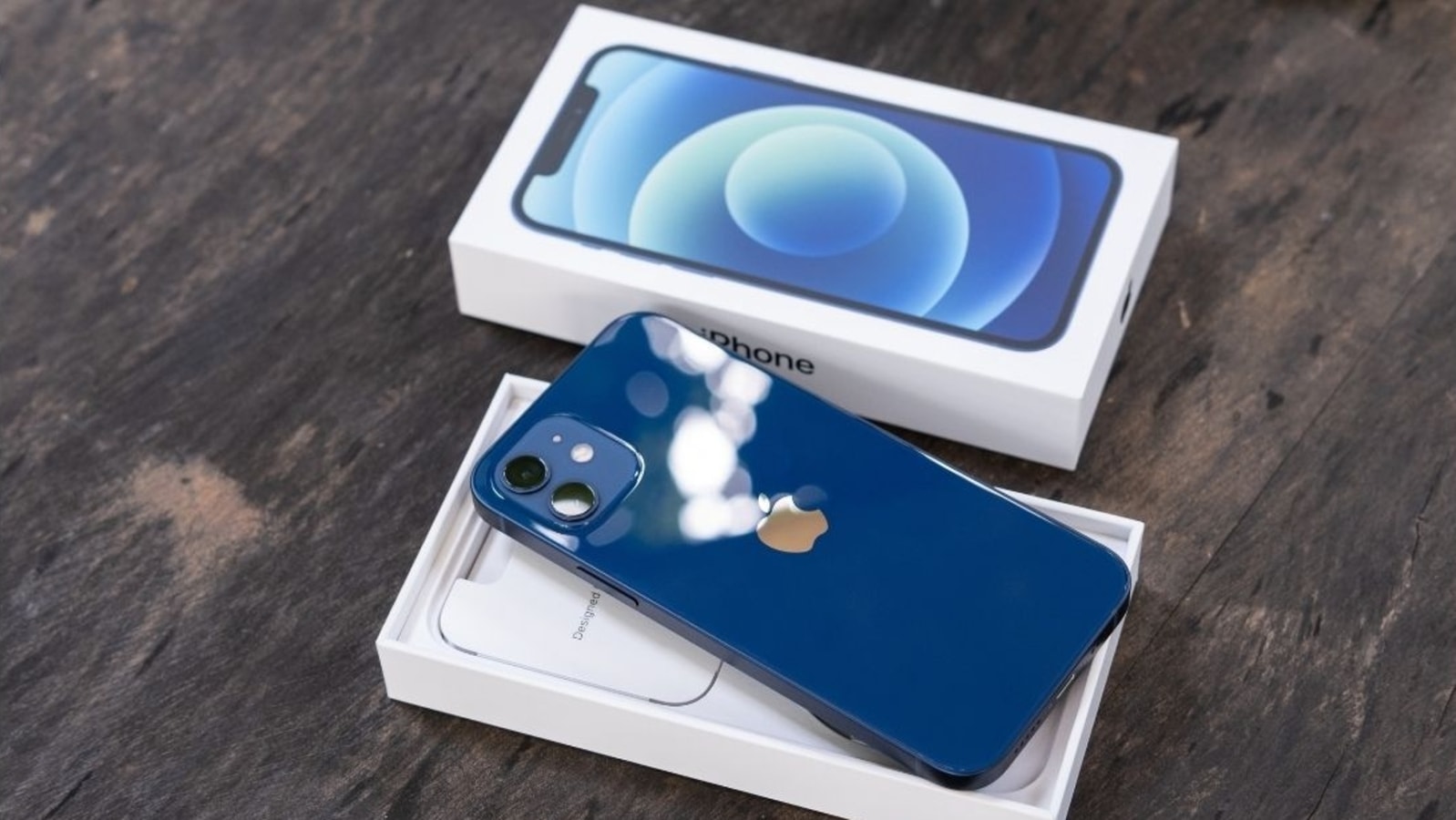Apple is synonymous with innovations and no day goes by hearing about what the Cupertino giant is working on. Cut to now, reports suggest Apple might not be reviewing its fingerprint scanner aka the Touch ID on future iPhones. The update comes from a trusted source which puts more gravitas on the bit.
Apple’s Touch ID might not be revived
According to an integrated circuit expert who posted on Weibo, Apple might not be reviving Touch ID on future iPhones. The equipment that is used to manufacture chips to support Touch ID on Apple devices has been permanently shut down except the iPhone SE (third-gen). If that’s true, we won’t be seeing Touch ID on future iPhones and not even in iPhone SE4 slated to arrive sometime in 2024 or 2025.
Alternatively, the Cupertino giant is expected to pack in Face ID on iPhone SE4 which could potentially defeat the purpose of having a second method of biometric authentication. Yes, all Android devices have both fingerprint and facial recognition but lastly, Apple has been removing Touch ID from its iPhones leaving iPhone SE3 as the last remaining candidate in a few years.
But there’s a loophole here and we might need to scour. Apple is en route to upgrade its display tech as per DCSS’s Ross Young. The roadmap shows an upgrade to an under-display Face ID component with iPhones debuting in 2026. But it also mentioned fingerprint technology going under-the-display which means the iPhone 16 series might have both methods available at its disposal. Of course, we are yet to get any confirmation about the same so take it with a pinch of salt.
Standard iPhone 16 models to use specially-designed chipset – A17 Bionic
Apart from Touch ID, Apple is reportedly working on a specially-designed chipset for standard iPhone 16 models i.e. iPhone 16 and iPhone 16 Plus.
Usually, next-gen non-Pro iPhone models borrow the chipset from last year’s Pro models such as iPhone 15 got A16 Bionic SoC from iPhone 14 Pro albeit it could be upgraded a bit. However, with the iPhone 16 in the works, things might be different. It is because the tech giant is reportedly developing an A17 chip for iPhone 16 and 16 Plus built on an N3E process by TSMC. For context, the A17 Pro (in iPhone 15 Pro) uses the TSMC N3B process which is more efficient and powerful than N3E.
TSMC will fabricate A17 chipsets for iPhone 16/ 16 Plus on its N3E process that reportedly has a lower density of transistors i.e. lower efficiency. The process was ready, however, the low yield rate has been a concern. Apple was planning to use the N3E process for chipsets on the A16 Bionic chip, however, it was ready back then. There are future innovations at TSMC’s helm including processes such as N3P, N3X, and N3S that will be used in future successors for better performance and efficiency.
You can follow Smartprix on Twitter, Facebook, Instagram, and Google News. Visit smartprix.com for the most recent news, reviews, and tech guides.

 10 months ago
72
10 months ago
72











 English (US)
English (US)